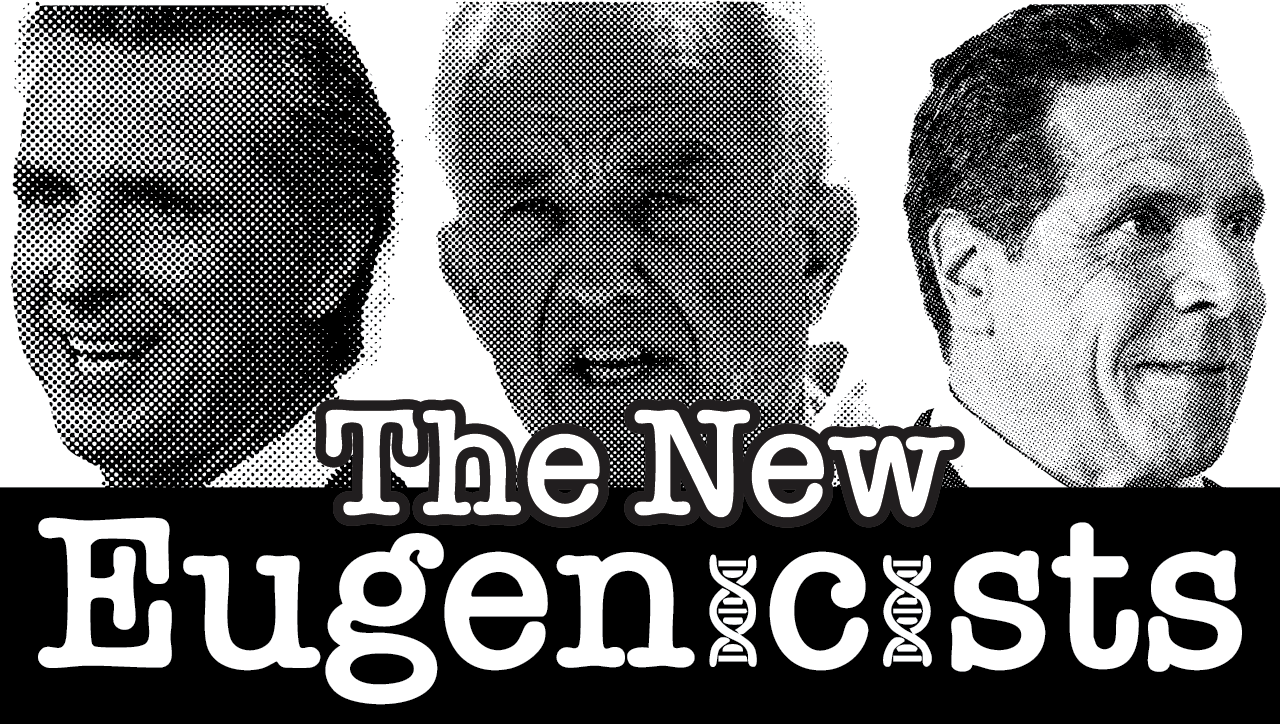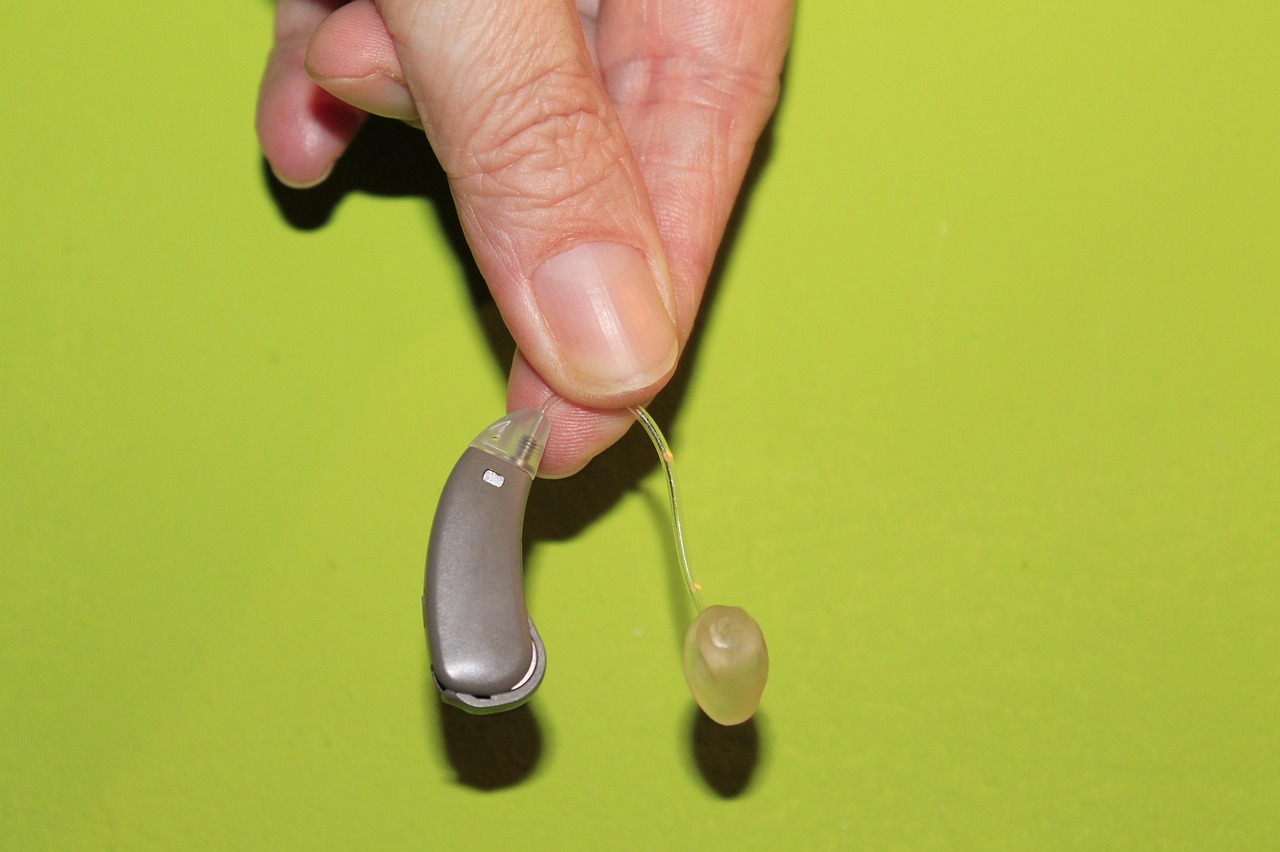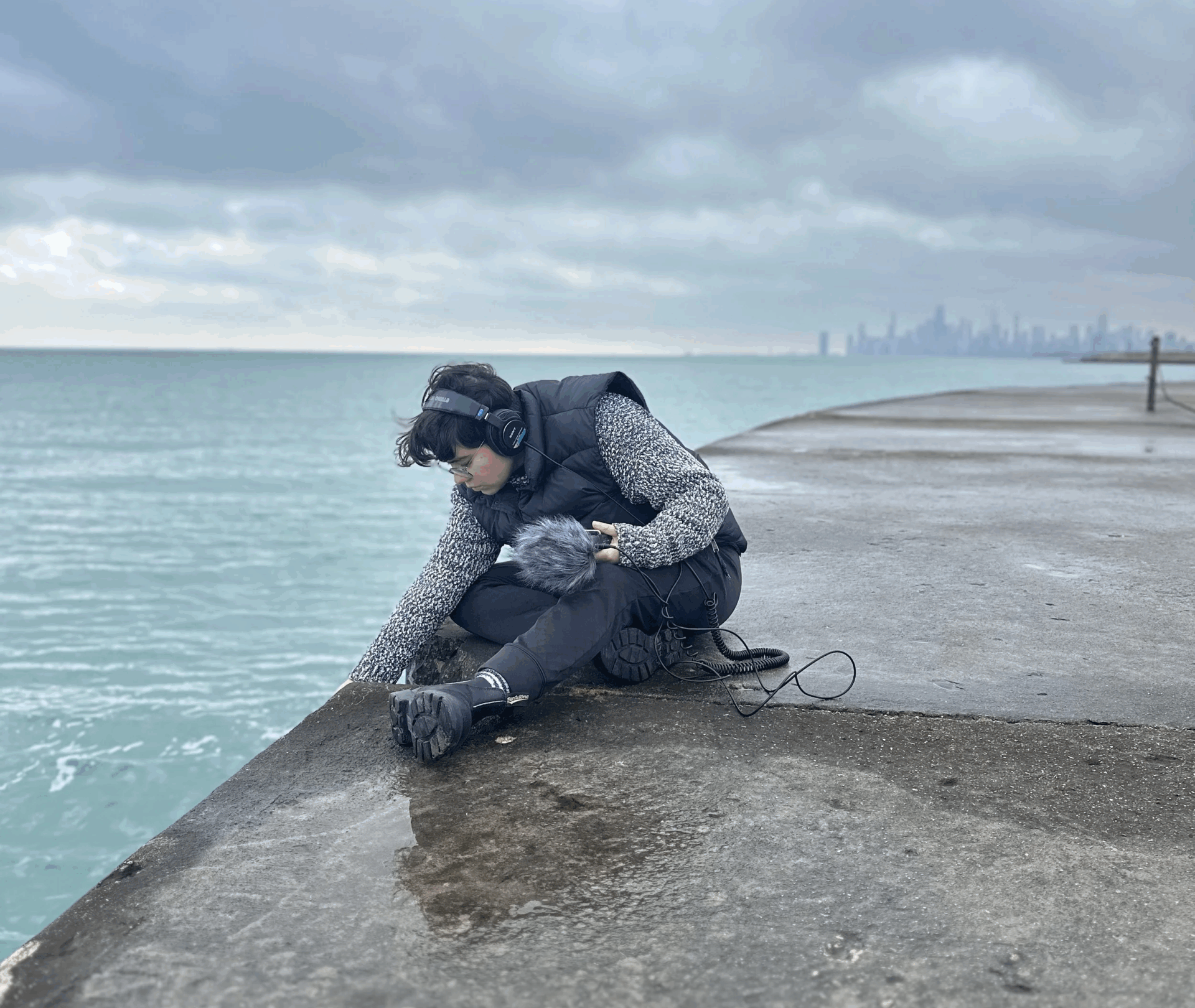
In his short time as Secretary of Health and Human Services (HHS), Robert F. Kennedy Jr.’s false claims about autism, chronic illness and disability are having real-life impacts on disabled individuals, their families, caregivers.
Since Robert F. Kennedy Jr. was appointed secretary of the U.S. Department of Health and Human Services, his radical restructuring of public-health policy has sparked deep concern among Disabled Americans, their families, and the community at large.
Take Nikhilesh Ghantasala, who worked for the Department of Commerce until February. He was still on probation when laid off. Six months after the cuts recommended by the so-called Department of Government Efficiency, Ghantasala is still struggling to find work.
“I can’t work on-site. I’m not sure what my next steps should be since I can only make a certain amount of income to qualify for assistance,” he told DJA in a phone call from Bayonne, New Jersey. Ghantasala has Emery-Dreifuss muscular dystrophy (EDMD), a rare muscle-wasting disease that severely affects his mobility and heart health. He relied on a team of medical experts he no longer has access to after his insurance was terminated.
Kennedy’s initiatives — including support for DOGE’s mass dismissal of scientific researchers, substantial cuts to Medicaid, and changes to vaccine administration regulations — directly affect those who need care the most.
“We’re going to have junk science guiding vaccines so more people will be ill. People who can’t get the vaccines because of a disability are going to be at greater risk from non-disabled people who aren’t vaccinated, who could spread measles or COVID to people who are immunocompromised,” said Claudia Center, legal director at the Disability Rights Education and Defense Fund (DREDF), a national civil rights law and policy center.
For the hundreds of millions of Americans living with autism, chronic illnesses like long COVID or lupus, or mobility-limiting conditions, Kennedy is sending a clear message: if you’re not healthy by his standards, you are not the priority.
Ties to Eugenics
The healthcare system Kennedy envisions is rooted in ableist thinking and language. It rewards physical strength and resilience while ignoring social, environmental, and financial determinants of health. It also erases the lived experiences of millions who depend on mobility devices, feeding tubes, or immunosuppressants to survive — and questions the value of Disabled lives.
For example, a common misconception about rising autism diagnoses stems largely from misunderstood science. Noor Pervez, community engagement manager for the Washington, D.C.–based Autistic Self Advocacy Network, told DJA that diagnosis rates have increased as a byproduct of improved access to healthcare and competent diagnosticians.
“He never mentions autistic adults,” Pervez said of Kennedy. “Part of the reason is less than 3% of research funding has ever been aimed at what’s called ‘autism across the lifespan,’ meaning anyone older than childhood. We have almost none of our research budget dedicated to autistic people over age 18.”
Pervez sees Kennedy’s attacks on Disabled people as a callback to darker times in American eugenics history. “People are missing the ties to broader eugenics here, so the gap in knowledge of disability history is playing out in real time,” he said. Though Kennedy deflected questions about his views at a House Appropriations Committee hearing on President Trump’s 2026 budget request, he offered: “My opinions about vaccines are irrelevant,” he told Democratic U.S. Rep. Mark Pocan of Wisconsin. Kennedy, the nation’s top medical official, added: “I don’t want to seem like I’m being evasive, but I don’t think people should be taking medical advice from me.”
Advocacy and federal organizations have reported growing concerns over cuts to funding, particularly after HHS slashed research budgets by 26% earlier this year. The NIH alone reduced autism research funding by an estimated $31 million — now about $116 million, down from $147 million in 2024. Research on irregular sleep patterns, medication reactivity in autistic children and adults, and studies of Ehlers-Danlos syndrome, comorbidities, Mast Cell Activation Syndrome, Chronic Fatigue Syndrome, and other chronic illnesses will now come to an abrupt halt.
Along with these cuts, President Trump’s elimination of diversity, equity, inclusion, and accessibility programs has suspended grants such as the Howard Hughes Medical Institute Inclusive Excellence Program, which provides fellowships and job opportunities for neurodivergent and Disabled students in STEM fields nationwide.
With these changes, Kennedy’s policies are costing Disabled people their lives — and their futures — though advocates continue to fight back.
In May, the American Association for People with Disabilities and other disability-rights groups held a roundtable in Washington to discuss the state of disability services. Kennedy failed to respond to their invitation and instead sent a representative from the Administration for Community Living, a division of HHS.
The Importance of Medicaid
Policy changes have also brought new financial and emotional burdens to Disabled people. The restructuring of HHS, elimination of the Administration for Community Living (ACL), and new cuts to Medicaid and other support programs threaten the stability of those who rely on consistent medical care and assistance.
Centers for Independent Living (part of ACL) make it possible for Disabled people to acquire ramps for their homes, navigate paperwork for waivers, and access rehabilitation services. They also assist with vocational rehab and community care. Trump’s so-called “One Big Beautiful Bill Act,” signed in July, cuts federal Medicaid funding by 15% — about $1 trillion over the next decade.
“The way that our society, for better or worse, has chosen to deliver disability services — including personal-care attendants, food assistance, wheelchairs, medical equipment, hospital beds, and breathing devices — is all through Medicaid,” Center explained. “That is just how our society works, and it’s with those supports that many people with disabilities can get an education, go to college, have a social life, not be in a nursing home, have a job, and so on. It’s such a one-two punch to community life and the wellness of our communities — Disabled and non-disabled people alike — and just the diversity of the people we try to serve. We’re not going to stop fighting, but it’s a really hard time.”
These effects ripple far beyond Washington. Advocates say Kennedy’s definition of health reinforces the idea that autism is a condition to be prevented rather than understood or supported. “Autism isn’t a secret separate part of us that you can eliminate with bleach or overmedication or chemotherapy drugs,” said Pervez. “It’s the way that our brains work. It’s the way that we are built.”
The mental-health strain on these communities is also intensifying. The administration’s emphasis on personal responsibility has exacerbated feelings of shame and inadequacy among Disabled people and their families. This rhetoric reinforces internalized ableism and leads to increased depression, anxiety, and isolation. The pressure to conform to able-bodied standards — and the dismissal of those who require medical interventions — deepens a sense of unworthiness and disconnection. Dr. Robert Naseef, a psychologist, author, and father to an adult son with autism, told DJA how these changes are affecting his patients and his family.
His son Tariq, 40, lives in residential care where he receives the visual cues and medical support needed to independently perform daily activities — a routine possible only in group care. “Medicaid covers the majority of Tariq’s care expenses,” Naseef said. “If it were not for Medicaid, I don’t know if my son would still be alive.”
Mass Human Casualties
As the Disabled community grapples with funding cuts and social stigmas, Kennedy’s rhetoric and reforms have only made things worse. In an April press conference, he claimed that autistic individuals “will never pay taxes, they’ll never hold a job, they’ll never play baseball, they’ll never write a poem, they’ll never go out on a date. Many of them will never use a toilet unassisted.” His remarks not only undermine autistic individuals’ capabilities but also fuel harmful stereotypes that lead to social isolation and discrimination.
“Non-speakers and autistic people with higher support needs have a significant target on their backs,” said Pervez. “Having supports is not a moral failing. Having supports is not a sign that your life is worse. It’s a sign that your life is more logistically complicated. People’s lives can be logistically complicated for many reasons.”
The risks are even higher for Disabled people of color. “As an autistic person of color, unfortunately, when looking at rates of police brutality and police violence, autistic Black children and adults are subject to just incredibly high rates,” Pervez explained. Developmental disabilities also correlate with higher rates of police violence. In April, Idaho police shot a 17-year-old boy with cerebral palsy and autism nine times in his yard. An investigation found he was holding a knife, but neither he nor the officers were under immediate threat; he was later removed from life support.
Kennedy’s idea of “wellness farms” makes this exclusion even clearer. These rural, self-sustaining communities are framed as ways for nature and “clean living” to restore the body. “It’s an attempt to warehouse and segregate disabled people,” Pervez said. Willowbrook, the infamous institution for Disabled people that shut down in the 1980s, was part of a long, dark history of institutionalization dating back to the 1800s. Kennedy’s proposal threatens to repeat that past, rebranding segregation as holistic care.
He has praised these farms in interviews as a model for public health. In a February appearance on The Joe Rogan Experience, he described them as “a way to get people off pharma” and “let the body heal the way it’s designed to.” But for many Disabled people, especially those with chronic or progressive illnesses, these statements perpetuate the idea that dependence on medication or external care is lazy or a moral failure.
“When you move a group of people out of sight of society, and keep them behind closed doors and entrust their well-being entirely to a group of people that is going to almost always be overworked and underpaid and the vast majority of the time under-regulated, particularly under the current administration, you’re going to end up with mass human casualties,” Pervez warned. “You’re going to end up with people being maimed and injured and more sick and a lot of people dead.”
The Disabled community is not asking for miracles. It is demanding equality, evidence-based care, and leadership that recognizes disability not as a problem to be solved but as part of the diversity of human life. As disability-rights groups, medical researchers, and advocates continue to push back, the message is clear: wellness cannot be defined by a single standard, and health policy cannot be built on the exclusion of those who need it most. Through protest, organizing, storytelling, and refusal, the lives of Disabled people will be heard.
“The growing presence of the internet is allowing people to connect across broader geographical regions,” said Pervez. “There are more people who, whether they have a professional diagnosis or a self-diagnosis, have been able to find out that they’re part of the community and connect with people like them. The self-advocacy movement is much more national and much stronger than it ever has been.” As Kennedy leads the future of federal healthcare, the question is not whether Disabled people will adapt. The question is whether the system will meet them where they are.
More DJA Coverage
News in disability communities moved at an almost horrifying speed in 2025. While we expect more of the same...
By
December 30, 2025
A recent national poll shows how often older adults feel that they are not disabled despite ample evidence...
By
December 24, 2025
Ariana Martinez, a DJA team member, has learned that reciprocity looks different among Disabled people caring for each other...
By
December 18, 2025

